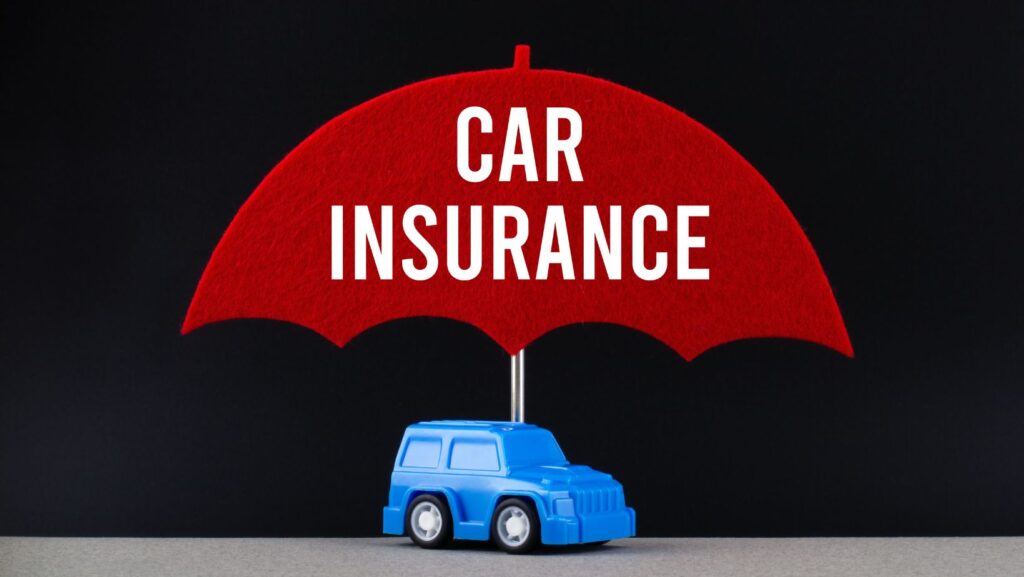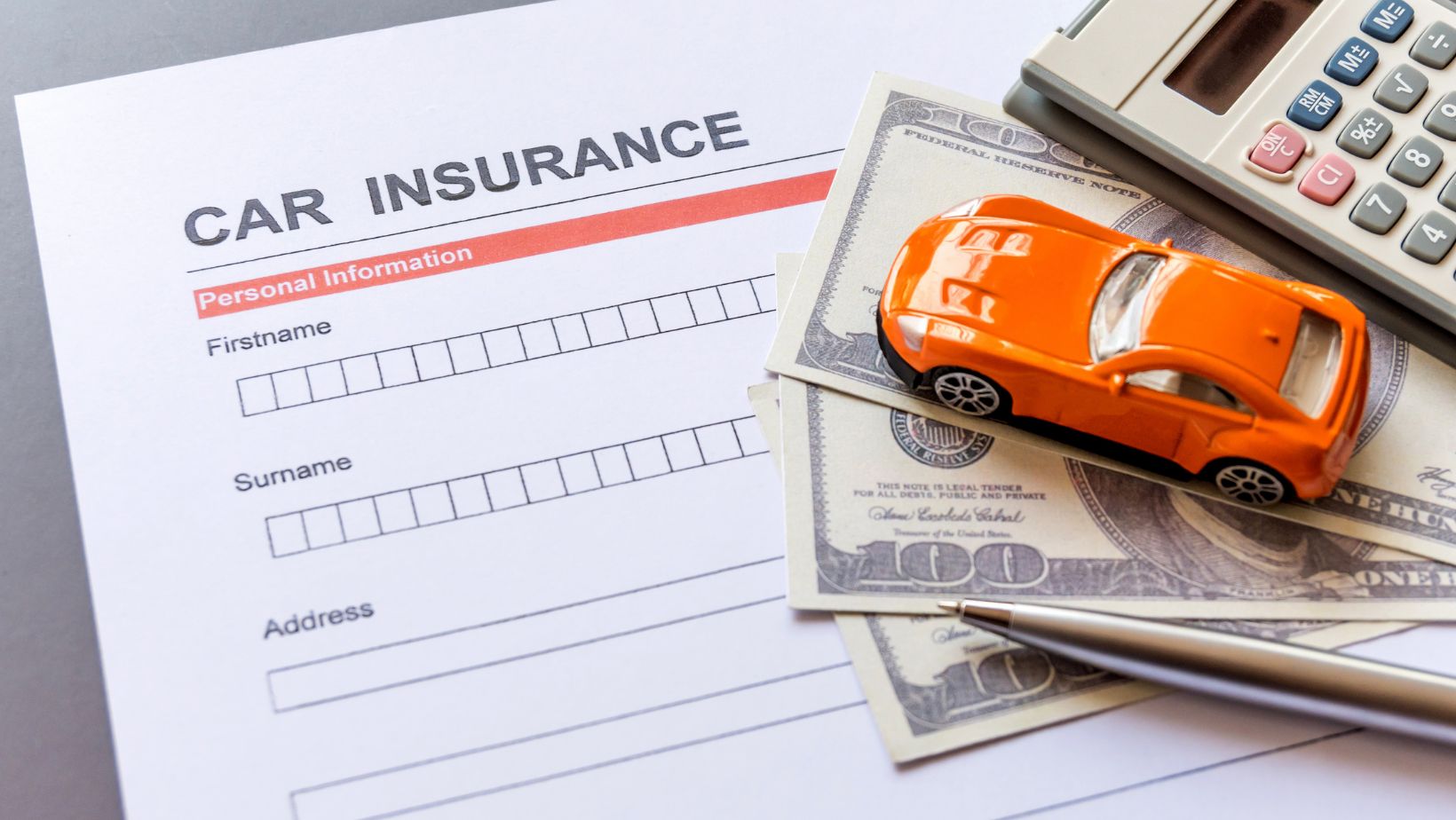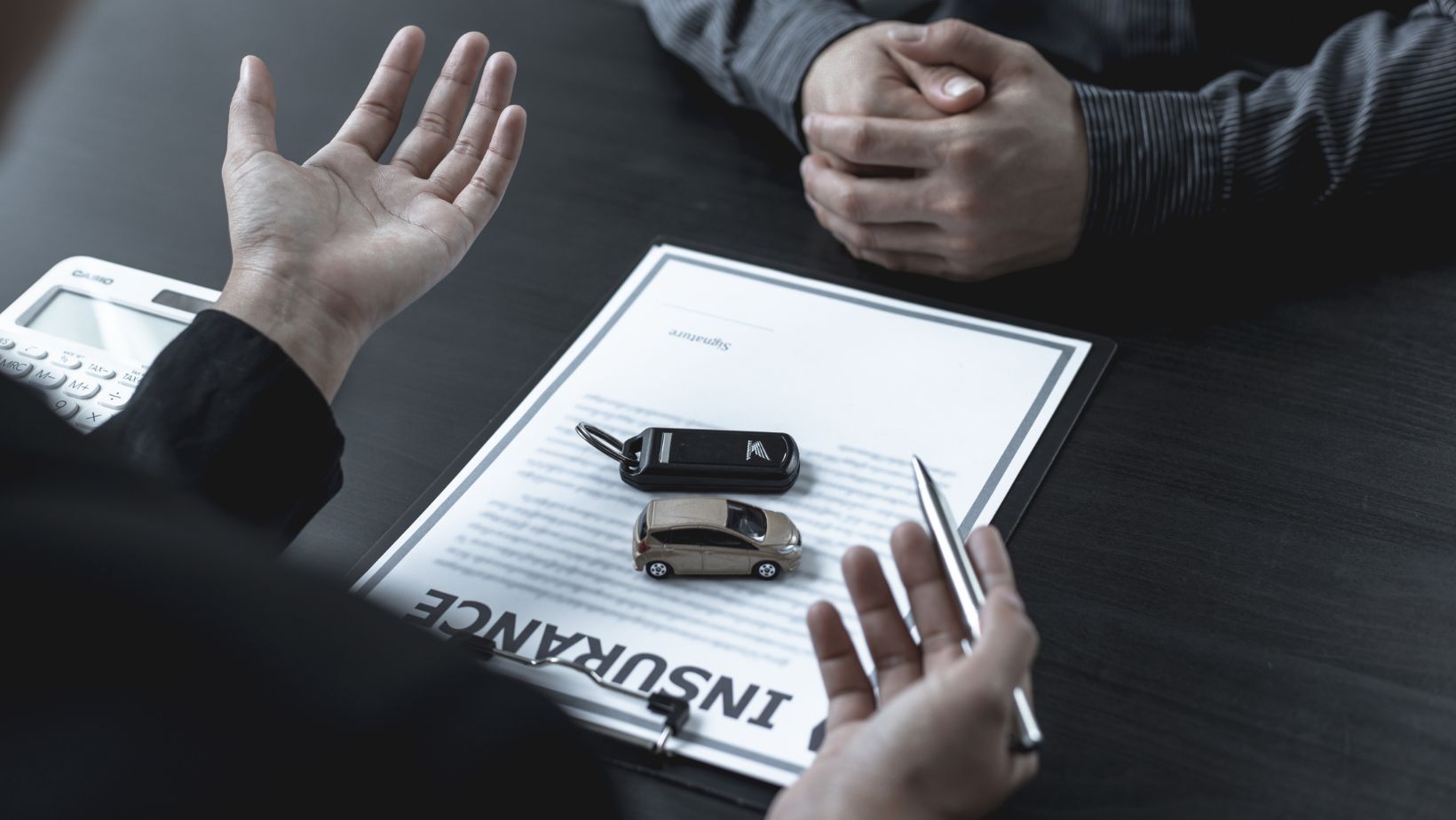
Learn More About Car Insurance Policy Terms and Coverage
Your car is a huge asset that allows you to move around independently and confidently; however, many think adhering to traffic rules and regulations is the only primary responsibility involving cars. However, knowing more about the policy terms and coverage involving car insurance is also important as a driver!
Car insurance is one of the most advantageous forms of financial protection for a driver. Although it is better to need it and not have it, then have it and not need it! It is a way to have financial protection in case of accidental damage, theft, or injuries. As a result, it is an essential part of car ownership.
A lot of car insurance terms seem confusing, but once you learn how to break them down effectively, they become easy to understand. In this article, we will explore these terms in a layman’s way as they are associated with policies and automobile insurance coverage.
Understanding Car Insurance Policy Terms
Here are some of the most common terms you will hear or come across in the bid to acquire car insurance. These include:
Policy
Your policy is the contract between you and the insurance company where you are the policyholder. These policies come in different types and packages, including liability, collision, comprehensive coverage, and many more. The type of coverage that you have depends entirely on your policy!
Your insurance premium is the amount you, as a policyholder, pay monthly or annually to keep your coverage from the car insurance company. The premium price is not constant; it may vary based on vehicle type, coverage choice, and driving history.
Deductible
If you need to rely on your insurance company because of an accident or unforeseen event, you are responsible for this amount – out of your pocket – before your insurance coverage starts.

So, suppose your vehicle has an accident, and property damage occurs. In that case, your deductible is the money you must pay before the insurance carrier will pay what is covered under your property damage policy. It’s important to note that the higher your deductible, the lower your premium, and vice versa.
Coverage Limit
This is the maximum amount your insurer will pay in case of an accident. For example, if you have liability coverage with a limit of $100,000, your insurer will cover up to that amount for damages you cause to others.
Understanding Car Insurance Coverage
Car insurance coverage is not one-size-fits-all. Instead, it is a combination of different types of coverage that can allow changes to your policy and customize it to your budget and lifestyle. Keep reading to learn more about the standard coverage options and what they can offer.
Collision Coverage
This type of insurance covers damages incurred on your vehicle from a collision with a car, truck, or another vehicle. However, it involves deductibles, so make sure to read the fine print and adjust your expectations according to your budget.
Comprehensive Coverage
This covers incidents and damages not caused by collision but by fire, theft, storms, and natural disasters. This package is a safety plan for unexpected events that can damage or total your vehicle.
Liability Coverage
This coverage is the basis of most car insurance policies and has two parts- Bodily injury liability and Property Damage Liability.
Bodily injury liability helps with medical expenses, pain, and lost wages for injured parties of an accident where you are at fault.

In contrast, property damage liability covers the cost of repairing or replacing damaged property – another vehicle or fence- that you might have damaged during the accident.
These coverages are essential for ensuring a reasonable amount of legal and financial protection.
Uninsured / Underinsured Motorist Coverage
You may wonder what happens if you get into an accident or hit by someone who doesn’t have insurance. This is where this coverage option comes in. Uninsured and underinsured motorist coverage will help reimburse you or pay for medical expenses, vehicle repairs, and other things if you get hit by a driver who does not have proper insurance coverage.
Personal Injury Protection (PIP) or Medical Payments Coverage
This coverage provides financial support for your medical expenses and those of your passengers, regardless of whose fault the accident is.
Conclusion
Insurance is a must-have to stay protected on and off the road, and this basic knowledge of terminologies will help you navigate and make informed decisions. When exploring options, trust only the best agent to help you connect with different partners and options for car insurance.










